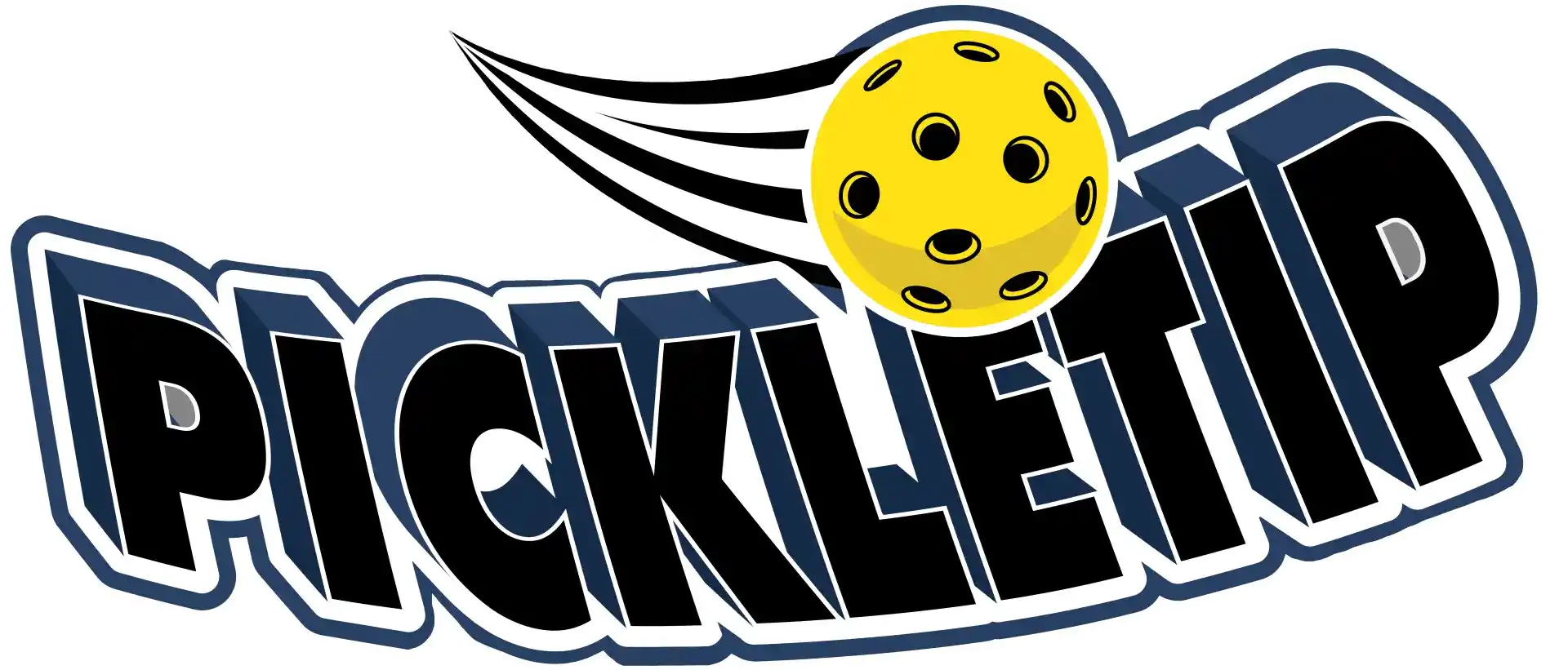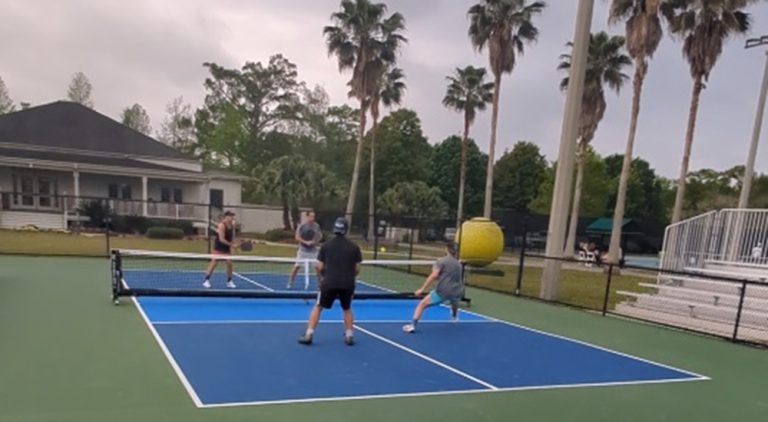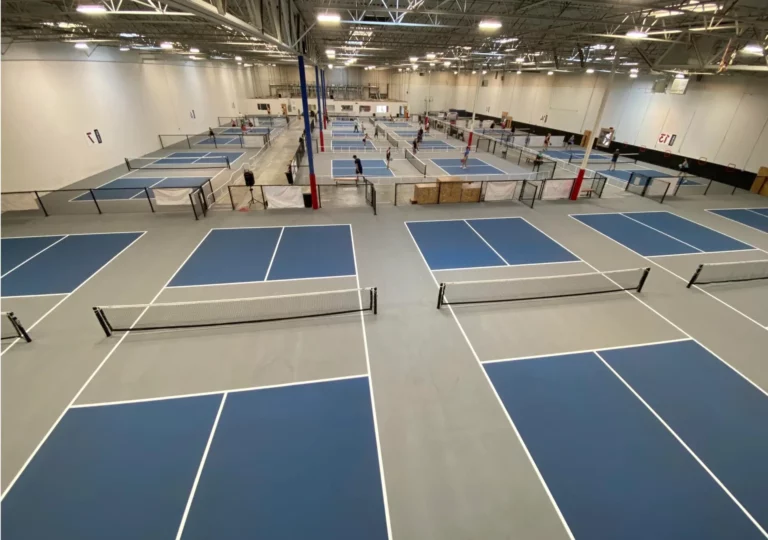Choosing the Right Pickleball Partner
The Importance of a Strong Partnership
Choosing the Right Pickleball Partner: Success in pickleball heavily depends on selecting the right partner. Without someone who shares the same plan and commitment, victory remains out of reach. The foundation of a successful partnership lies in mutual understanding and synchronized efforts on the court. This connection ensures that both players are working towards the same goal, reducing miscommunication and enhancing overall performance.
Just because you are friends with someone or like them as a person does not mean that you will make compatible teammates on the pickleball court. Don’t be that person who says yes to everyone who asks you to play with them in a tournament. Pickleball is such a great sport, and the community is welcoming in recreational play. Competitive tournaments are another thing entirely. Do your friend a favor and only accept their invitation if the on-court chemistry exists. It will be no fun for you or them otherwise.
Top Qualities to Look For in a Pickleball Partner
When choosing a partner, it’s crucial to prioritize mental toughness and strategic thinking over physical talent. These qualities form the bedrock of a successful team. Here are the top qualities to consider:
Mental Toughness
The primary skill to seek in a partner is mental toughness. This quality ensures that they can withstand pressure and perform consistently during critical moments. A partner with a strong mind will maintain composure, making it easier to execute strategies effectively. Mental toughness involves staying focused, managing stress, and maintaining a positive attitude even when the game isn’t going as planned. It also means being resilient after mistakes, quickly recovering, and refocusing on the task at hand.
Strategic Thinking and Adaptability
Another essential quality is the ability to create, stay focused on, and adapt to a game plan. A partner who can develop and stick to a strategy while being flexible enough to adjust when necessary will significantly enhance your chances of success. This involves understanding the strengths and weaknesses of both your team and your opponents. It also means being able to change tactics mid-game if the initial plan isn’t working. Strategic thinking includes effective communication, anticipating opponents’ moves, and making quick decisions that can turn the game in your favor.
Physical Attributes
Once you have found a partner with mental toughness and strategic thinking, consider their physical abilities. While physical talent is important, it should be the last factor in your decision-making process. A mentally strong and strategically adept partner will complement your physical skills, creating a balanced and effective team. Physical attributes include speed, agility, power, and endurance. These qualities are essential for covering the court effectively, executing powerful shots, and maintaining a high level of play throughout the match.
Why Mental Toughness Matters
Mental toughness is critical because it directly impacts physical performance. A partner with a weak mind will struggle in high-pressure situations, leading to physical breakdowns. Conversely, a mentally resilient partner will stay calm and focused, allowing them to perform at their best when it matters most. Mental toughness is the foundation of consistency, enabling players to perform well under pressure and maintain their composure in tight situations. It also fosters a positive mindset, which can inspire confidence and enhance overall team morale.
The Role of Strategy and Adaptability
Having a partner who excels in strategic thinking and adaptability is vital for navigating the dynamic nature of pickleball. Matches can change rapidly, and the ability to adjust your game plan on the fly can make the difference between winning and losing. A partner who can stay focused on the strategy while being flexible enough to adapt will help you maintain control and exploit opportunities. Strategic thinking involves pre-game planning, such as studying opponents and identifying key tactics. During the game, it includes making quick adjustments based on the flow of play, such as switching from an offensive to a defensive strategy when needed.
Choosing the Right Pickleball Partner
When selecting a partner, prioritize mental toughness and strategic thinking. Here are some questions to consider during the selection process, along with reasons why these questions matter:
- Does your potential partner stay calm under pressure?
Staying calm under pressure is crucial because it helps maintain composure during critical points in the match, leading to better decision-making and execution. - Can they maintain focus and composure during critical moments?
Focus and composure during key moments can turn the tide in tight games, ensuring consistency and minimizing errors. - Are they capable of developing and sticking to a game plan?
A partner who can create and adhere to a strategy enhances team coordination and effectiveness, especially against tough opponents. - Do they show adaptability and flexibility in changing situations?
Adaptability allows the team to adjust tactics based on the opponent’s play, making it easier to overcome challenges and exploit weaknesses. - Is this person confident?
Confidence can inspire the team, boosting morale and encouraging a proactive approach to each point. - Do they get down on themselves?
If you are encouraging, this may not be a big deal. However, if you also get down on yourself, it could negatively impact team dynamics and performance. - Are they encouraging?
Encouragement from a partner fosters a positive atmosphere, helping to maintain motivation and resilience throughout the match. - Does this person attempt to construct points, or just get the ball back over the net?
Constructing points strategically rather than just returning the ball helps control the game and sets up opportunities to win points decisively. - Does this person go for a winner every time or strategically look to set up the next shot?
A partner who sets up shots strategically is more reliable and effective, ensuring better control and higher chances of winning points. - Is this person available for practices and tournaments?
Regular practice and availability for tournaments are essential for building team chemistry and improving performance. - Does the partner travel frequently, impacting their availability?
Frequent travel can disrupt practice schedules and team consistency, affecting performance in tournaments. - Is the potential partner as devoted and serious about pickleball as you are?
Shared dedication ensures both partners are committed to improving and performing well, leading to better results. - Do they prefer drilling or just playing recreational games and tournaments?
Understanding their preference helps align practice routines and ensures both partners are on the same page regarding improvement and competition.
Once these criteria are met, evaluate their physical abilities to ensure they complement your skills. A well-rounded partner with mental resilience, strategic thinking, and physical talent will significantly boost your chances of success on the pickleball court. Physical abilities should complement each other; for instance, if you excel in net play, you might benefit from a partner who is strong in baseline play.
The Most Important Qualities in a Pickleball Partner
Success in pickleball hinges on choosing the right pickleball partner. Prioritize mental toughness and strategic thinking over physical talent to find a partner who can handle pressure and adapt to changing game dynamics. By focusing on these qualities, you’ll form a strong partnership capable of achieving great results. Remember, a well-chosen partner not only enhances your performance but also makes the game more enjoyable, fostering a positive and supportive team environment.







